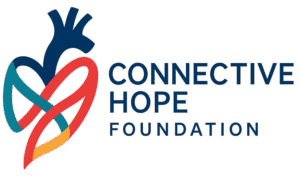What is Vascular Ehlers-Danlos Syndrome (VEDS)?
Vascular Ehlers-Danlos Syndrome (VEDS) is a rare and severe subtype of Ehlers-Danlos Syndrome (EDS), a group of genetic disorders that affect the body's connective tissues. Connective tissues provide strength and elasticity to structures such as skin, joints, and blood vessel walls.
Causes
VEDS is caused by mutations in the COL3A1 gene, which is responsible for producing type III collagen. This type of collagen is crucial for the strength and integrity of blood vessels and internal organs. The condition is usually inherited in an autosomal dominant pattern, meaning a person only needs one copy of the mutated gene from one parent to be affected.
Symptoms
People with VEDS often exhibit distinctive physical features and symptoms, including:
- Thin, translucent skin: Veins are easily visible through the skin.
- Distinctive facial features: Thin lips, small chin, thin nose, and large, prominent eyes.
- Fragile blood vessels: Increased risk of arterial ruptures, which can be life-threatening.
- Easy bruising: Due to fragile blood vessels and connective tissues.
- Internal organ fragility: Increased risk of ruptures in organs such as the intestines and uterus.
Diagnosis
Diagnosis of VEDS typically involves a combination of clinical evaluation, family history, and genetic testing to identify mutations in the COL3A1 gene. Early diagnosis is crucial for managing the condition and preventing complications.
Management and Treatment
While there is no cure for VEDS, management focuses on preventing complications and improving quality of life. This includes:
- Regular monitoring: Frequent check-ups with specialists to monitor the health of blood vessels and organs.
- Medications: To manage symptoms such as high blood pressure.
- Lifestyle adjustments: Avoiding activities that could cause injury or strain on the body.
- Surgical interventions: In cases of severe complications, such as arterial ruptures.
Living with VEDS
Living with VEDS requires careful management and awareness of the condition's risks. Support from healthcare providers, genetic counselors, and patient support groups can be invaluable in navigating the challenges associated with VEDS.

